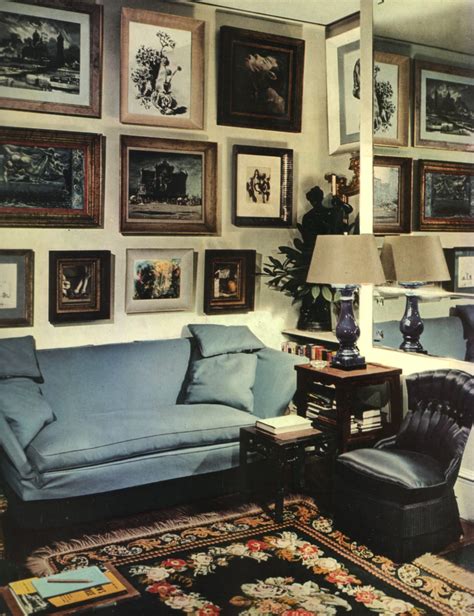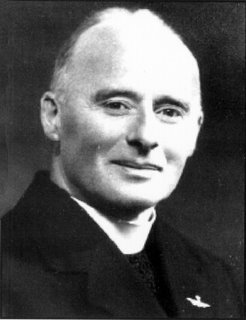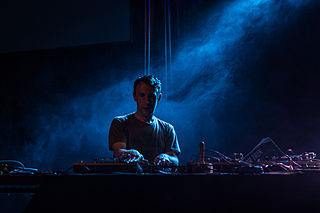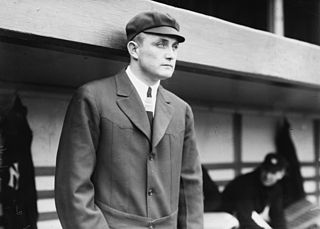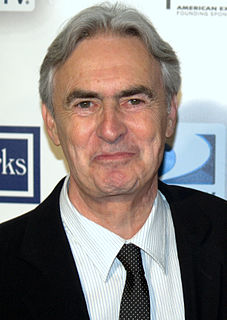A Quote by H. P. Lovecraft
I can look back . . . at two distinct periods of opinion whose foundations I have successively come to distrust - a period before 1919 or so, when the weight of classic authority unduly influenced me, and another period from 1919 to about 1925, when I placed too high a value on the elements of revolt, florid colour, and emotional extravagance or intensity.
Related Quotes
Color is a major element in scale. A small room can have a larger look by the use of closely related values, hues, and intensity. A large room can be made to look smaller by marked contrasts of color and value, hue, and intensity. Value is one of the most important elements. Whether light or dark, little value contrast makes for unity, and sharper contrast makes for stronger punctuation.
In spite of the frightful pogroms which took place, first in Poland and then in unprecedented fashion in the Ukraine, and which cost the lives of thousands of Jews, the Jewish people considered the post-war period as a messianic era. Israel, during those years, 1919-1920, rejoiced in Eastern and Southern Europe, in Northern and Southern Africa, and above all in America.
Every possible opinion is authored about everything. What's going to eventually happen is someone will look back on this period and have to sift through it. The overwhelming majority of those opinions are going to be ignored, because if every opinion is being offered, really no opinion is being offered.
The fun part, I will admit this much, there is a period when listening to my music is fun, and that's when I'm making it. There's a tiny little window before something gets old, but after it's come to fruition. There's a little window there where I can listen to a song probably about five times, and I'll really think it's awesome. That's kind of the period that lets me know when I - 99 percent of the time, that period is right about whether a song is going to be a keeper for an album or just a throwaway track that never gets - in that little window.
There was a very important superintendent of Yellowstone, a man who was involved in the founding of the National Park Service itself, Horace Albright. And he became superintendent, which is the boss of Yellowstone Park, in 1919 - from 1919 to 1929. Later, he was director of the park service itself. Albright embraced the idea that in order for the national parks - and Yellowstone in particular - to have support from the American people and from politicians, there needed to be wildlife as spectacle.
Having a book is somewhat like having a baby, as many woman writers have observed before me: the conception, the long preparation, the wait, the growing heaviness (not of body in this case but of the spirit and the manuscript) toward the end, the initial delight at the sight of the product, fully formed and seemingly perfect, and then the usual postpartum depression. What will people whose opinion I care about, and those whose views I don't value but have weight in the world of reader, think of it?
She always had a headache, or it was too hot, always, or she pretended to be asleep, or she had her period again, her period, always her period. So much so that Dr. Urbino had dared to say in class, only for the relief of unburdening himself without confession, that after ten years of marriage women had their periods as often as threes times a week.




